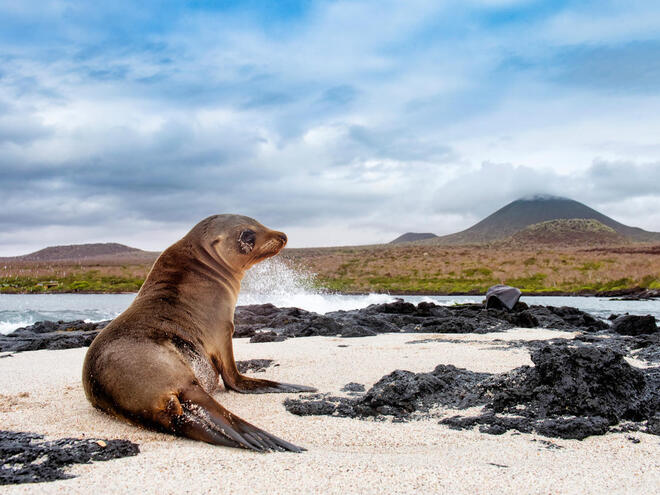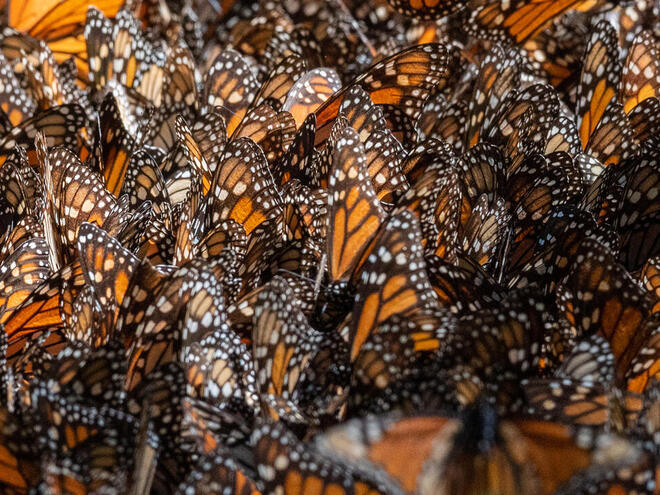 Wildtracks functions at a critical crossroads for the future of wildlife and healthy oceans in Belize: rehabilitating manatees and primates as well as supporting protected area strategies.
Wildtracks functions at a critical crossroads for the future of wildlife and healthy oceans in Belize: rehabilitating manatees and primates as well as supporting protected area strategies.Published May 16, 2023 at 07:00PM
View on Worldwildlife.org
The Chicago Health Academy for Medical and Pharmacy Education Interdisciplinary Studies Project: a collaboration between Chicago State University School of Pharmacy, Roosevelt University School of Pharmacy, UIC Urban Health Program, and the City Colleges of Chicago
 Wildtracks functions at a critical crossroads for the future of wildlife and healthy oceans in Belize: rehabilitating manatees and primates as well as supporting protected area strategies.
Wildtracks functions at a critical crossroads for the future of wildlife and healthy oceans in Belize: rehabilitating manatees and primates as well as supporting protected area strategies. With a range of on-the-ground partners, the Eyes on Recovery team deployed camera traps in eight fire-affected regions to better understand the disaster’s impacts and how species are recovering.
With a range of on-the-ground partners, the Eyes on Recovery team deployed camera traps in eight fire-affected regions to better understand the disaster’s impacts and how species are recovering. Scientist Chouly Ou reflects on her relationship with freshwater while growing up in Cambodia.
Scientist Chouly Ou reflects on her relationship with freshwater while growing up in Cambodia. The Sitka Sound Science Center’s Scientists in the School program has exposed students at all grade levels to various scientific disciplines, using hands-on, engaging classroom and field experiences.
The Sitka Sound Science Center’s Scientists in the School program has exposed students at all grade levels to various scientific disciplines, using hands-on, engaging classroom and field experiences. The world came together to discuss the central role of rivers, lakes, and wetlands in tackling the nature and climate crises, reducing disaster risk, and driving sustainable development.
The world came together to discuss the central role of rivers, lakes, and wetlands in tackling the nature and climate crises, reducing disaster risk, and driving sustainable development. Hol Chan—Mayan for “little channel”—is a prime example of how a well-operated marine reserve benefits both the environment and economy—and makes a convincing case for replicating the model elsewhere.
Hol Chan—Mayan for “little channel”—is a prime example of how a well-operated marine reserve benefits both the environment and economy—and makes a convincing case for replicating the model elsewhere. WWF's Zero Wild Meat campaign targeted the consumption of wild meat among urban and provincial consumers in Viet Nam, Cambodia, and Lao PDR with the goal of reducing demand and consumptive behaviors.
WWF's Zero Wild Meat campaign targeted the consumption of wild meat among urban and provincial consumers in Viet Nam, Cambodia, and Lao PDR with the goal of reducing demand and consumptive behaviors.
 'Other effective conservation measures' work alongside marine protected areas as pathways that protect our oceans. They embrace the power and importance of local community involvement in conservation.
'Other effective conservation measures' work alongside marine protected areas as pathways that protect our oceans. They embrace the power and importance of local community involvement in conservation.
 The Center for Heirs’ Property Preservation® aims to help families establish legal ownership of land that was passed down without a will and create a sustainable future for generations.
The Center for Heirs’ Property Preservation® aims to help families establish legal ownership of land that was passed down without a will and create a sustainable future for generations. Tigers have faced unprecedented threats for many years, but conservation efforts over the past decade have shown that recovering tigers from the brink of extinction is possible when we work together.
Tigers have faced unprecedented threats for many years, but conservation efforts over the past decade have shown that recovering tigers from the brink of extinction is possible when we work together. Here's how green hydrogen can help tackle the climate crisis.
Here's how green hydrogen can help tackle the climate crisis. The US EPA took a major step toward protecting one of the world’s most important wild salmon fisheries in Bristol Bay, Alaska, by blocking a potentially catastrophic copper and gold mining project.
The US EPA took a major step toward protecting one of the world’s most important wild salmon fisheries in Bristol Bay, Alaska, by blocking a potentially catastrophic copper and gold mining project. WWF and partners reviewed the use of more than 200,000 miles of Amazonian rivers by long-distance migratory fish and turtle species and river dolphins to map the most important routes.
WWF and partners reviewed the use of more than 200,000 miles of Amazonian rivers by long-distance migratory fish and turtle species and river dolphins to map the most important routes. WWF and the United Nations Office on Drugs and Crime’s Global Maritime Crime Program have launched a new partnership to advance innovative knowledge-sharing to protect the waters around Ecuador.
WWF and the United Nations Office on Drugs and Crime’s Global Maritime Crime Program have launched a new partnership to advance innovative knowledge-sharing to protect the waters around Ecuador.Computer Languages (clcoding): Fractal Data Science Professional Certificate : What you'll learn Apply structured problem-solving tec...